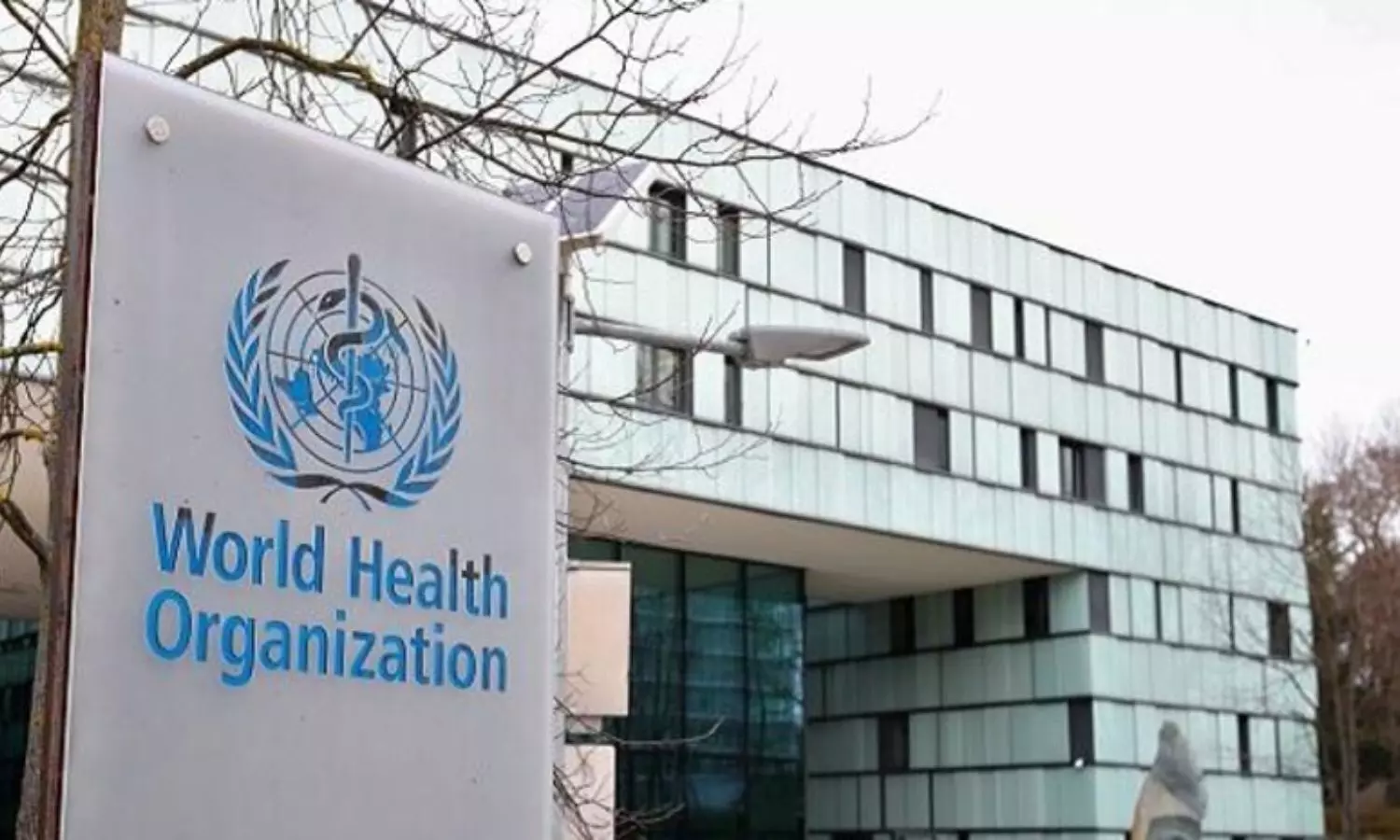WHO Warns of Growing Global Resistance to Common Antibiotics
- byDoctor News Daily Team
- 14 October, 2025
- 0 Comments
- 0 Mins

One in six laboratory-confirmed bacterial infections causing common infections in people worldwide in 2023 were resistant to antibiotic treatments, according to a newWorld Health Organization(WHO) report launched today. Between 2018 and 2023,antibioticresistance rose in over 40% of the pathogen-antibiotic combinations monitored, with an average annual increase of 5–15%. Data reported to the WHO Global Antimicrobial Resistance and Use Surveillance System (GLASS) from over 100 countries cautions that increasing resistance to essential antibiotics poses a growing threat to global health. The new Global antibiotic resistance surveillance report 2025 presents, for the first time, resistance prevalence estimates across 22 antibiotics used to treat infections of the urinary and gastrointestinal tracts, the bloodstream and those used to treatgonorrhoea. The report covers 8 common bacterial pathogens – Acinetobacter spp., Escherichia coli, Klebsiella pneumoniae, Neisseria gonorrhoeae, non-typhoidal Salmonella spp., Shigella spp., Staphylococcus aureus and Streptococcus pneumoniae – each linked to one or more of these infections. WHO estimates that antibiotic resistance is highest in the WHO South-East Asian and Eastern Mediterranean Regions, where 1 in 3 reported infections were resistant. In the African Region, 1 in 5 infections was resistant. Resistance is also more common and worsening in places where health systems lack capacity to diagnose or treat bacterial pathogens. “Antimicrobial resistance is outpacing advances in modern medicine, threatening the health of families worldwide,” said Dr Tedros Adhanom Ghebreyesus, WHO Director-General. “As countries strengthen their AMR surveillance systems, we must use antibiotics responsibly, and make sure everyone has access to the right medicines, quality-assured diagnostics, and vaccines. Our future also depends on strengthening systems to prevent, diagnose and treat infections and on innovating with next-generation antibiotics and rapid point-of-care molecular tests.” The new report notes that drug-resistant Gram-negative bacteria are becoming more dangerous worldwide, with the greatest burden falling on countries least equipped to respond. Among these, E. coli and K. pneumoniae are the leading drug-resistant Gram-negative bacteria found in bloodstream infections. These are among the most severe bacterial infections that often result in sepsis, organ failure, and death. Yet more than 40% of E. coli and over 55% of K. pneumoniae globally are now resistant to third-generation cephalosporins, the first-choice treatment for these infections. In the African Region, resistance even exceeds 70%. Other essential life-saving antibiotics, including carbapenems and fluoroquinolones, are losing effectiveness against E. coli, K. pneumoniae, Salmonella, and Acinetobacter. Carbapenem resistance, once rare, is becoming more frequent, narrowing treatment options and forcing reliance on last-resort antibiotics. And such antibiotics are costly, difficult to access, and often unavailable in low- and middle-income countries. Country participation in GLASS has increased over four-fold, from 25 countries in 2016 to 104 countries in 2023. However, 48% of countries did not report data to GLASS in 2023 and about half of the reporting countries still lacked the systems to generate reliable data. In fact, countries facing the largest challenges lacked the surveillance capacity to assess their antimicrobial resistance (AMR) situation. The political declaration on AMR adopted at the United Nations General Assembly in 2024 set targets to address AMR through strengthening health systems and working with a ‘One Health’ approach coordinating across human health, animal health, and environmental sectors. To combat the growing challenge of AMR, countries must commit to strengthening laboratory systems and generating reliable surveillance data, especially from underserved areas, to inform treatments and policies. WHO calls on all countries to report high-quality data on AMR and antimicrobial use to GLASS by 2030. Achieving this target will require concerted action to strengthen the quality, geographic coverage, and sharing of AMR surveillance data to track progress. Countries should scale up coordinated interventions designed to address antimicrobial resistance across all levels of healthcare and ensure that treatment guidelines and essential medicines lists align with local resistance patterns. The report is accompanied by expanded digital content available in the WHO’s GLASS dashboard, which provides global and regional summaries, country profiles based on unadjusted surveillance coverage and AMR data, and detailed information on antimicrobial use.
Disclaimer: This website is designed for healthcare professionals and serves solely for informational purposes.
The content provided should not be interpreted as medical advice, diagnosis, treatment recommendations, prescriptions, or endorsements of specific medical practices. It is not a replacement for professional medical consultation or the expertise of a licensed healthcare provider.
Given the ever-evolving nature of medical science, we strive to keep our information accurate and up to date. However, we do not guarantee the completeness or accuracy of the content.
If you come across any inconsistencies, please reach out to us at
admin@doctornewsdaily.com.
We do not support or endorse medical opinions, treatments, or recommendations that contradict the advice of qualified healthcare professionals.
By using this website, you agree to our
Terms of Use,
Privacy Policy, and
Advertisement Policy.
For further details, please review our
Full Disclaimer.
Recent News
Merck Keytruda wins European Commission nod for lo...
- 30 October, 2025
UP NEET 2025 round 3 allotment results postponed
- 30 October, 2025
Achin Gupta to succeed Umang Vohra as Cipla MD, GC...
- 30 October, 2025
Mumbai shocker: KEM Hospital doctor stabbed by col...
- 30 October, 2025
Daily Newsletter
Get all the top stories from Blogs to keep track.


0 Comments
Post a comment
No comments yet. Be the first to comment!